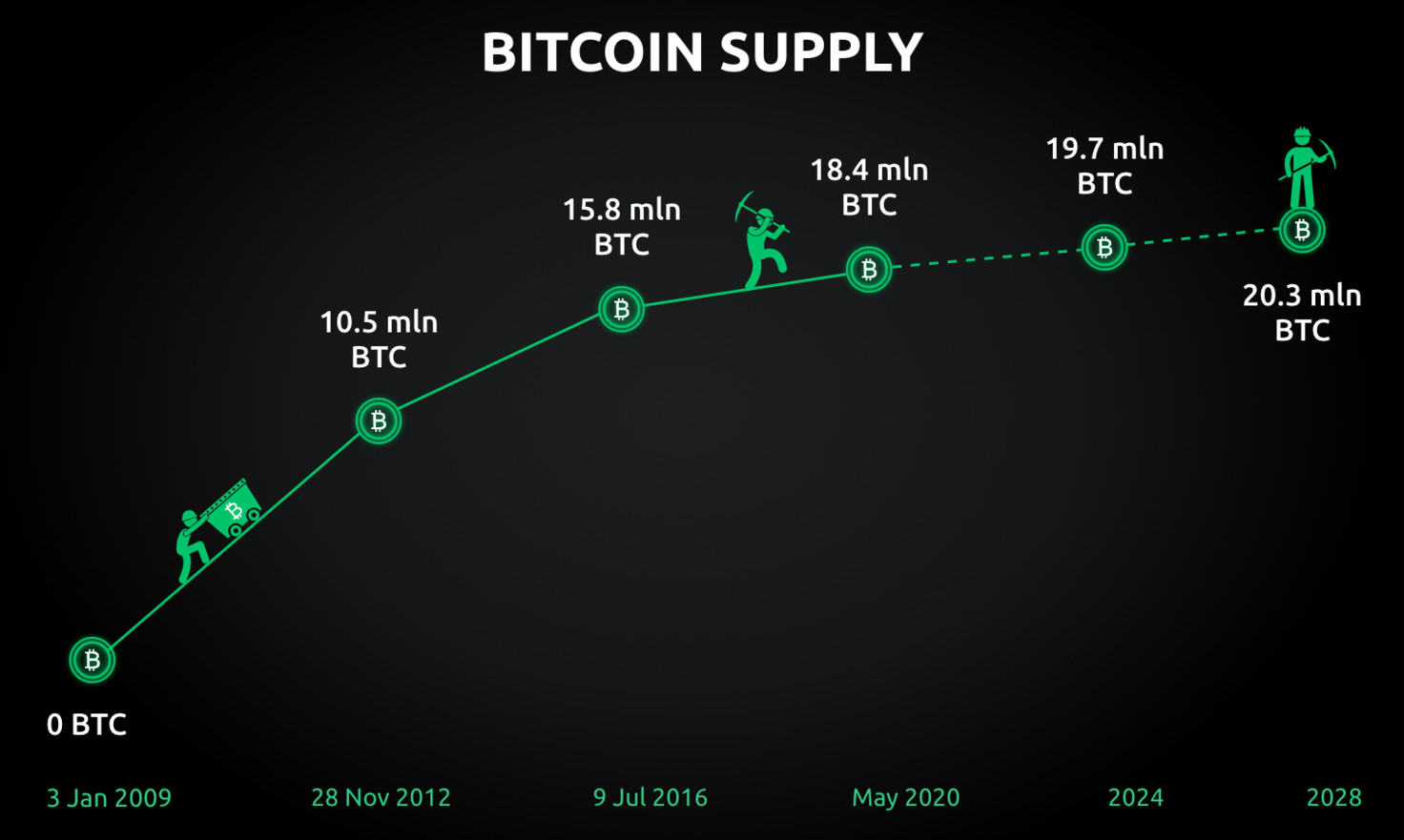
So we can say that bitcoins like other cryptocurrencies are mere token entries stored in the decentralized databases that keep consensus of all balance and account records. This was achieved by using the blockchain technology in bitcoins. Thus, it is compulsory for all nodes/entities in the network to keep a consensus about all these records. However, in a decentralized network, every node on the network has to do the job of a server it has to maintain list of transactions and balance records. To prevent double spending, all transactions have to be recorded and validated every time in a central server where all the balance records are kept. The biggest bottleneck common to every payment network is the double spending problem which is the case when same money is used multiple times to do transactions. How does Bitcoin handle double spending problem?įor digital cash system, a payment network necessarily should have valid accounts, balances and transaction records. The transaction is secured and made trustworthy by running it on a peer-to-peer network that is akin to a file-sharing system.

Therefore we can say that cryptocurrency is an exchange of digital information that permits us to buy or sell goods and services.
#NETLER TO BITCOIN CODE#
The purchaser decrypts the code with his device to get the cryptocurrency.

While we use Bitcoin, the purchaser is actually referenced to our digital signature, which is a security code encrypted with sixteen different symbols. We can make bitcoin transactions as we do with our familiar fiat currencies. Elsewhere, particularly people in third world countries find Bitcoins as a reliable channel for transacting money bypassing pesky intermediaries. However, there are issues with bitcoins such as hackers breaking into accounts, high volatility of bitcoins, and long transaction delays. Bitcoin has its own Application Programming Interface (API), price index, trading exchanges and exchange rate. Websites promote bitcoins, magazines are publishing bitcoin news, and forums are discussing cryptocurrencies and trading in bitcoins. Multi-billion dollar corporations such as Dell, PayPal, Microsoft, Expedia, etc., are dealing in bitcoins.

Across the world, companies from a large jewelry chain in the US, to a private hospital in Poland, accept bitcoin currency. They created a distributed network system, where people could control their funds in a transparent way.īitcoin has grown rapidly and spread far in a relatively short period of time. To address such issues, Bitcoin creators wanted to put the owners of bitcoins in-charge of the transactions, eliminate the middleman, cut high interest rates and transaction fees, and make transactions transparent. Bitcoin emerged out of the 2008 global economic crisis when big banks were caught misusing borrowers' money, manipulating the system, and charging exorbitant fees.


 0 kommentar(er)
0 kommentar(er)
